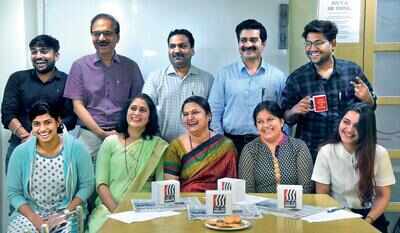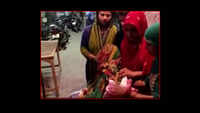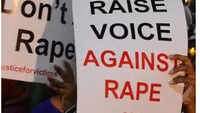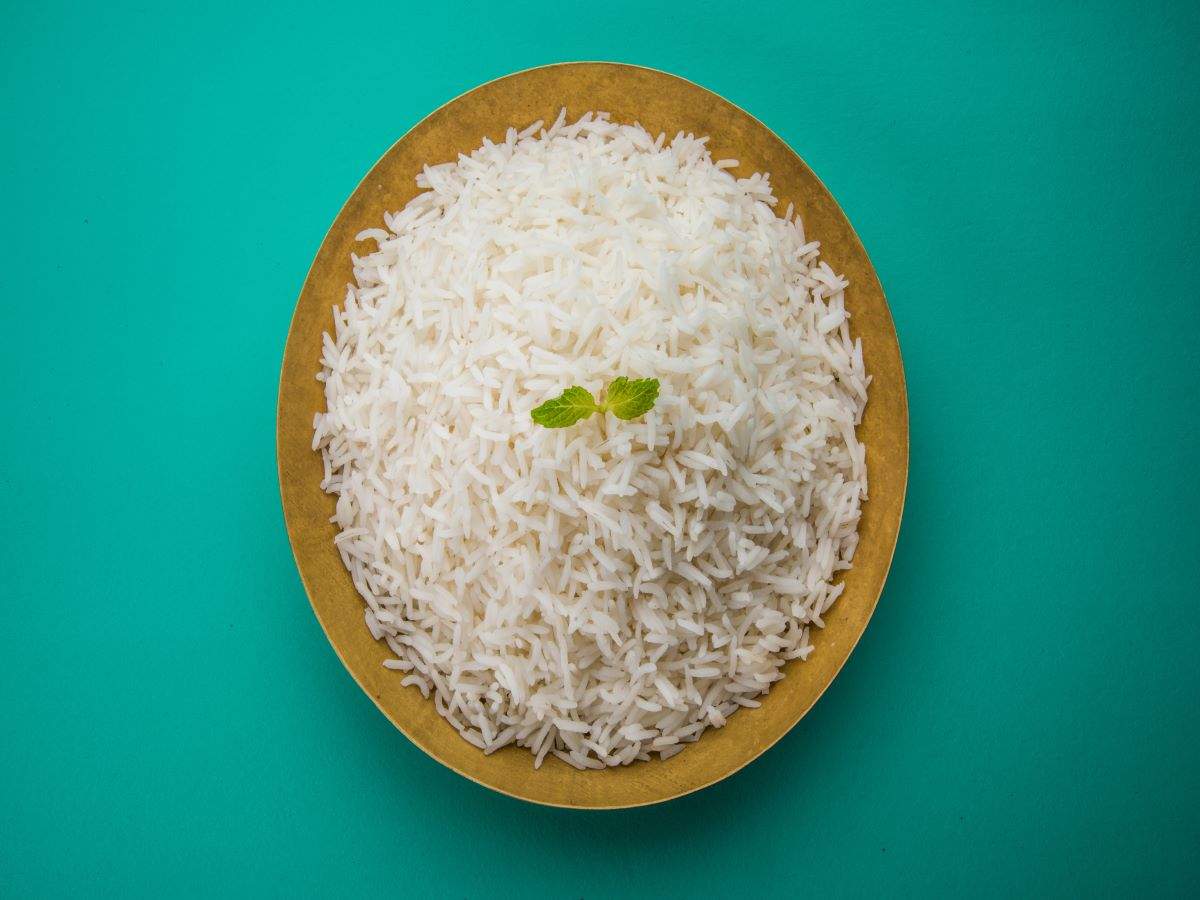
The hands that are supposed to save lives are operating in fear, those who are supposed to treat others for diseases are feeling ill-treated. Those they serve are anguished over lack of facilities, especially at government hospitals, and rising cost of treatment at private set-ups. The symptoms of this ailing system emerge in the form of assault on doctors by disgruntled relatives of patients. Panellists at the TOI Debate try to diagnose the problem, dissect the causes and also offer solutions
Nagpur: Lack of basic health care facilities at government hospitals is what Dr Shubham Ingle, secretary of Maharashtra Association of Resident Doctors (MARD), Nagpur branch, pointed at for patients and their relatives losing their patience, resulting into assault on doctors.
“There are not enough wheelchairs and stretchers to carry the patients who then expect the doctors to arrange for it. The beds in the wards are unhygienic and bathrooms stinking. Patients and then relatives then get infuriated but it’s not the fault of doctors and residents. I have have been witness to the scenario at Government Medical College and Hospital here since last three years,” said Dr Shubham and added that the government doesn’t want to do anything in this regard.
Dr Kush Jhunjhunwala, president of Indian Medical Association, Nagpur branch, too said that lack of infrastructure is a big concern.
“The frustration with the system snowballs into anger and violent attacks,” said Dr Anup Marar, director of Orange City Hospital and Research Institute and secretary of Vidarbha Hospitals Association.
Adding another dimension to why doctors are being assaulted, Manisha Chaudhari, a social activist, feels it’s one of the outcomes of a dysfunctional society. “If the relationship between the patients and relatives is a strained one, it’s manifested with the problems faced at the hospital. And it’s the doctors who have to face the heat,” she said.
Nidhi Dayani, high court lawyer, said the junior doctors, who are the ones who directly deal with the patients and their relatives, are lowly paid and have to work for long hours. “The patients tend to trust only the senior doctors, adding to the frustration of the juniors,” she said.
“The trust develops gradually when the patient is admitted for a longer period. Then the relatives too become aware of the efforts the doctors had taken to treat the patient. Problems arise when it’s an emergency case and even doctors can’t do much,” said Shubham.
“Patients reach hospital with a perception. People think a patient will be saved even if it’s a chronic case,” said Dr Rajashree Khot, professor of medicine at Gondia Government Medical College and Hospital.
Dr Sudhir Bhave, a senior psychiatrist, takes a holistic view. “Violence has increased in our society. The stress levels are also rising,” he said.
“Relatives of patients are always suspicious about the intention of doctors,” said Dr Marar who also rues that an under fire doctor seldom finds support from people whom s/he has saved in the past.
“Doctors are easy target as because they are directly in touch with the aggrieved persons,” said Dr Jhunjhunwala. According to Chaudhari, the time consumed in completing formalities delays the treatment, leading to anger among patients.
Dr Anupama Hegde, resident doctor at GMCH, Nagpur, explained how residents at government hospitals have to grapple with lack of facilities. “There are not enough medicines. The residents also have to put in long hours at work. They serve patient only due to their passion,” she said.
And when the patient dies, the doctors are blamed, said Dr Marar adding that then there is sudden influx of people, who have not bothered about the patient earlier, at the hospital just to show off.
When Chaudhari said there is no transparency is hospital dealings, Dr Marar said people need to accept that medical expenses can be very high. “Still, hospitals are losing profits and many are closing down,” he said. Dr Jhunjhunwala added that most doctors in private hospitals are working on salaries.
Explaining the legal issues, Nidhi said most laws in our country are pro-victim. “In cases of medical negligence, many feel the doctor was at fault,” she said. Supporting her, Dr Anupama blamed the media for forming adverse opinions about doctors.
Dwelling into human tendency to blame others for one’s shortcomings, Dr Bhave said when a relative isn’t able to do much for the patient who then happens to die, then fingers are pointed at others. “Aggression is a form of reaction to death. It’s a biological phenomenon. It happens at the subconscious level,” he said.
Giving example of problems faced in a rural set-up, Dr Khot said a hue and cry is created whenever a doctor utters the word ‘post mortem’ after a patient’s death. “There is violence and also political pressure,” she said.
On misconceptions, Dr Jhunjhunwala said there is nothing like a ‘wrong injection’ when people are referring to a patient’s death due to “incorrect medication”. To this, Dr Khot added that people need to understand treatment differs with every patient. Dr Marar too said there are can be side-effects of medicines.
Asking why only doctors are targeted when something untoward happens to a patient, Dr Shubham said going by the same yardstick the mob should also attack rape accused.
“People from other fields are provided security when there is a perceptible threat, the why are doctors facing discrimination?” said Rakesh Pandey, an intern at GMCH and added that the government feels providing security to doctors is of no help.
On getting government support, Dr Anupama said there is hardly any. “In fact, there is inter-departmental delay and residents even argue among themselves if the patients are made to wait,” she said.
“Though security guards are deployed, they do not even intervene when the doctors are attacked,” said Dr Anupama. “In fact, they run away,” said Dr Khot.
Dr Marar said instead of improving its hospitals the government is trying to dilute the private set-up. “The system comes up with weird solutions,” he said.
Will counselling of patients and kin help? According to IMA secretary Dr Manjusha Giri, in spite of repeated counselling, people tend to search the Internet, and then form their own opinions. “They don’t want to accept death and disability,” she said.
Quick Links
Lok Sabha Election Schedule 2019Lok Sabha Election NewsDelhi Capitals teamMI team 2019Rajasthan Royals 2019RCB team 2019Maharashtra Lok Sabha ConstituenciesBJP Candidate ListBJP List 2019 TamilnaduShiv Sena List 2019AP BJP List 2019Mamata BanerjeeBJP List 2019 MaharashtraPriyanka GandhiBJP List 2019 KarnatakaAMMK Candidate List 2019BJP List 2019 WBLok Sabha Elections in Tamil NaduBSP List 2019 UPNews in TamilLok Sabha Poll 2019Satta Matka 2018PM ModiMahagathbandhanNagpur BJP Candidate ListChandrababu NaiduTamil Nadu ElectionsUrmila MatondkarNews in TeluguMadras High CourtTejashwi YadavArvind KejriwalTejasvi SuryaPawan KalyanArvind KejriwalYogi AdityanathJaya PradaSatta King 2019Srinagar encounter
Get the app







